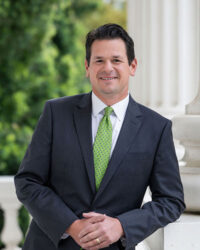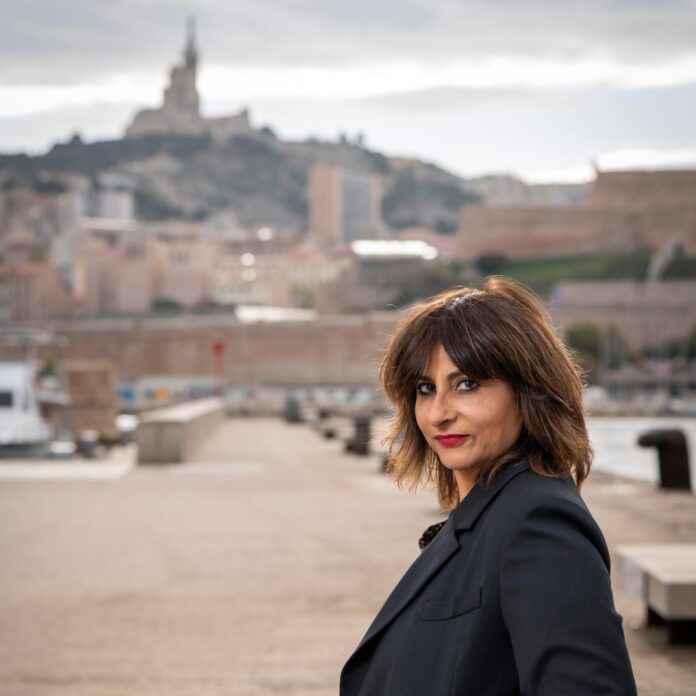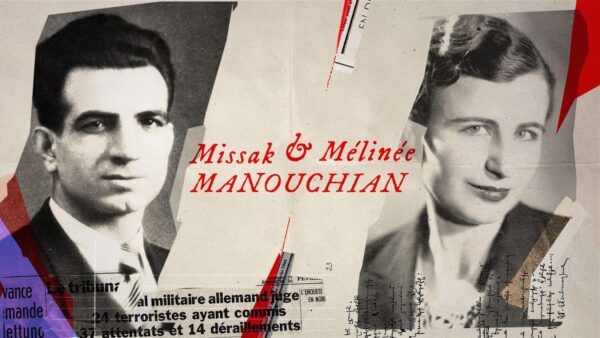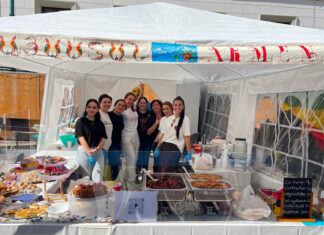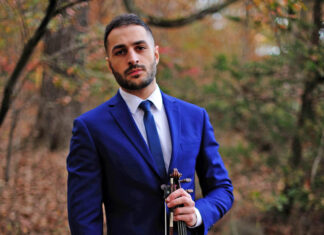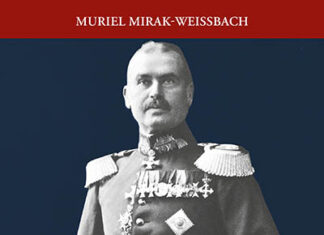YEREVAN/MARSEILLE — Born in Paris, Katia Guiragossian has long worked in the French cultural field, combining her interests and training in literature, cinema and journalism. With a master’s degree in audiovisual production, she served as an editorial manager at OCS, a television platform specialized in films and series. Her personal commitment is expressed through her first feature film, “Missak et Mélinée Manouchian,” which tells the story of her great-uncle and great-aunt, emblematic figures of the Resistance in France.
As a member of the Elysée select committee for the pantheonization of these heroes, Katia is actively involved in the preservation of historical heritage.
Recently, she re-edited the testimony of her great-aunt, Mélinée, enriched with new documents, including unpublished notebooks found in Armenia. Passionate about the transmission of knowledge, she participates in research, conferences and exhibitions, and gives talks in schools to raise young people’s awareness of memory and the essential values of our society. Katia was honored to take on the role of godmother of the Fonds Arménien de France’s Phonéthon 2023, placed under the banner of Resistance. Deeply attached to her two home countries, she is firmly committed to mobilizing efforts on behalf of Artsakh refugees and promoting solidarity in response to current crises.
Dear Katia, French-Armenian community life is quite vibrant and you are one of its activists. What are your success stories and what should be still done?
Dear Artsvi, first of all, I am grateful to you for highlighting the vitality of the Franco-Armenian community. I completely agree with this vision. I have visited Armenia very regularly for many years, and I can feel the current cultural evolution and vibrancy. More and more initiatives and partnerships are emerging in France and Armenia, and I am delighted about this. I believe that we need to build connections between initiatives that focus on the same topics to pool our active resources. I just had a conversation with a filmmaker friend, Niagara Tonolli, who is currently in Yerevan, and I shared with her my desire to create portraits of artists and artisans as part of my Haylights project, and she mentioned that she had a similar idea.
I also have, through my association Hokisslab, the project of creating an artist residency: the Missak and Mélinée Yerazatoun (Dream House). And, of course, other writing projects. From my perspective, as long as there are men and women who resist, work, and fight for freedom, there will be heroes.
